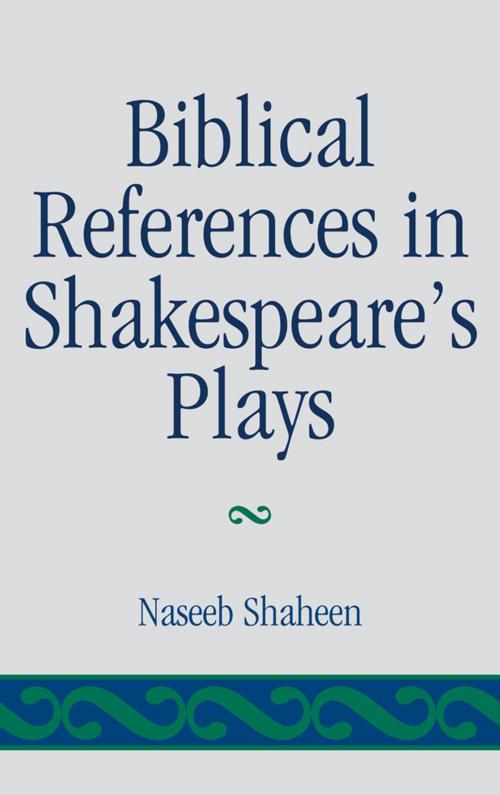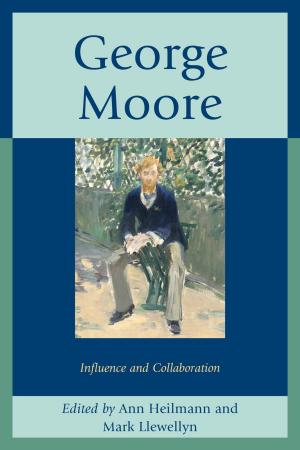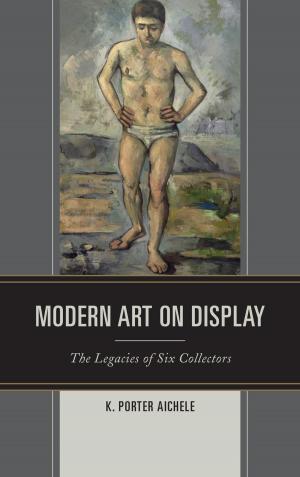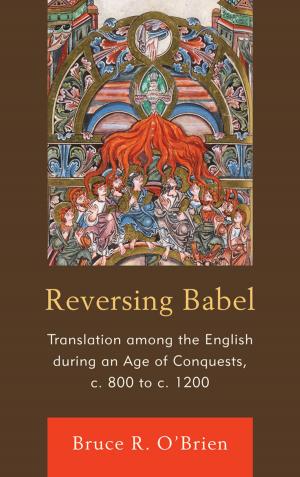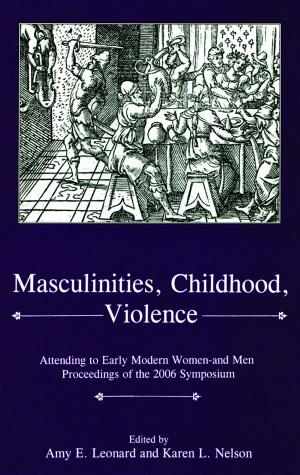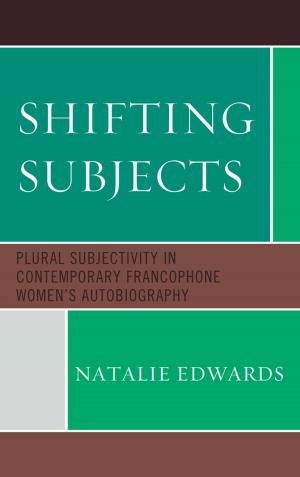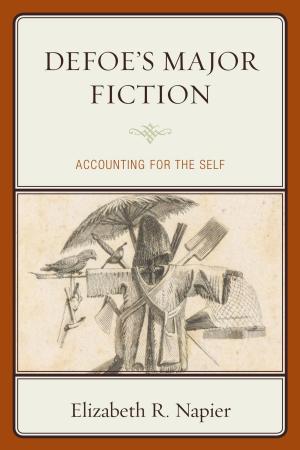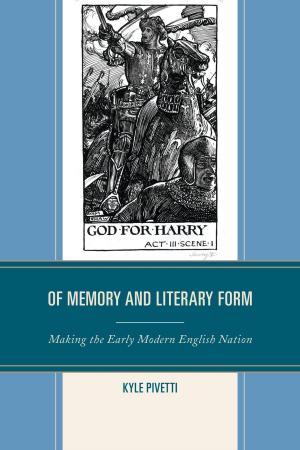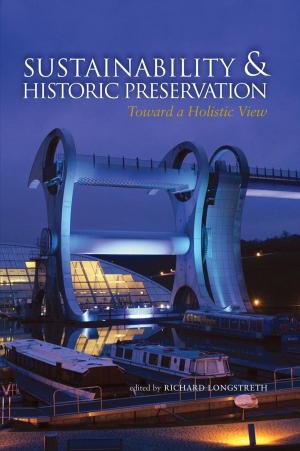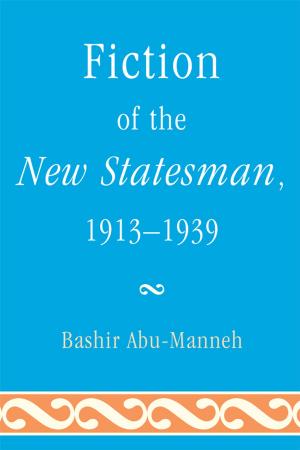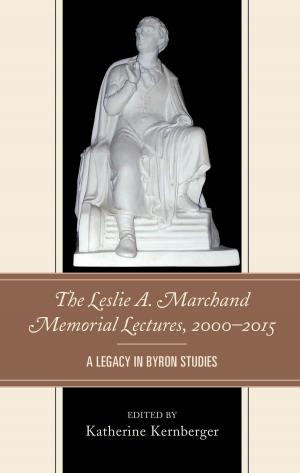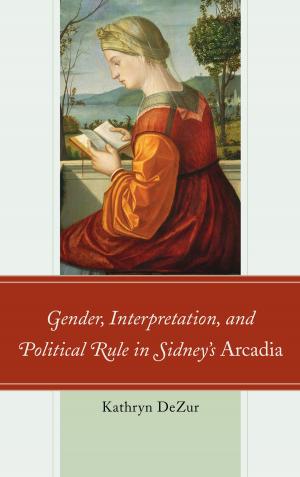Biblical References in Shakespeare's Plays
Fiction & Literature, Literary Theory & Criticism, Reference, British, Nonfiction, Religion & Spirituality, Bible & Bible Studies, Bibles, Other Bibles| Author: | Naseeb Shaheen | ISBN: | 9781611493733 |
| Publisher: | University of Delaware Press | Publication: | September 16, 2011 |
| Imprint: | University of Delaware Press | Language: | English |
| Author: | Naseeb Shaheen |
| ISBN: | 9781611493733 |
| Publisher: | University of Delaware Press |
| Publication: | September 16, 2011 |
| Imprint: | University of Delaware Press |
| Language: | English |
The hundreds of biblical references in Shakespeare's plays give ample evidence that he was well acquainted with Scripture. Not only is the range of his biblical references impressive, but also the aptness with which he makes them. Hamlet and Othello each have more than fifty biblical references. No study of Shakespeare's plays is complete that ignores Shakespeare's use of scripture.
The Bibles that Shakespeare knew, however, were not those that are in use today. By the time the King James Bible appeared in 1611, Shakespeare's career was all but over, and the Anglican liturgy that is evident in his plays is likewise one that few persons are acquainted with. This volume provides a comprehensive survey of the English Bibles of Shakespeare's day, notes their similarities and differences, and indicates which version the playwright knew best. The thorny question of what constitutes a valid biblical reference is also discussed.
The study of Shakespeare's biblical references is not based on secondary sources. The author owned one of the world's largest collections of early English bibles, including over one hundred copies of the Geneva bible and numerous editions of other Bibles, prayer books, and books of homilies of Shakespeare's day.
To be of real worth, a study of Shakespeare's biblical references should also enable the reader to determine which references Shakespeare borrowed from his plot sources and which he added from his own memory as part of his design for the play. The author studies every source that Shakespeare is known to have read or consulted before writing each play and has examined the biblical references in those sources. Shaheen then points out which biblical references in his literary sources Shakespeare accepted, and how he adapted them in his plays. This information is especially valuable when assessing the theological meanings that are sometimes imposed on his plays, meanings that often go beyond what Shakespeare intended or what his audience must have understood.
Biblical References in Shakespeare's Plays is considerably broader in scope than any other study of its kind and provides the scholarly checks and balances in dealing with the subject that previous studies lacked.
.
The hundreds of biblical references in Shakespeare's plays give ample evidence that he was well acquainted with Scripture. Not only is the range of his biblical references impressive, but also the aptness with which he makes them. Hamlet and Othello each have more than fifty biblical references. No study of Shakespeare's plays is complete that ignores Shakespeare's use of scripture.
The Bibles that Shakespeare knew, however, were not those that are in use today. By the time the King James Bible appeared in 1611, Shakespeare's career was all but over, and the Anglican liturgy that is evident in his plays is likewise one that few persons are acquainted with. This volume provides a comprehensive survey of the English Bibles of Shakespeare's day, notes their similarities and differences, and indicates which version the playwright knew best. The thorny question of what constitutes a valid biblical reference is also discussed.
The study of Shakespeare's biblical references is not based on secondary sources. The author owned one of the world's largest collections of early English bibles, including over one hundred copies of the Geneva bible and numerous editions of other Bibles, prayer books, and books of homilies of Shakespeare's day.
To be of real worth, a study of Shakespeare's biblical references should also enable the reader to determine which references Shakespeare borrowed from his plot sources and which he added from his own memory as part of his design for the play. The author studies every source that Shakespeare is known to have read or consulted before writing each play and has examined the biblical references in those sources. Shaheen then points out which biblical references in his literary sources Shakespeare accepted, and how he adapted them in his plays. This information is especially valuable when assessing the theological meanings that are sometimes imposed on his plays, meanings that often go beyond what Shakespeare intended or what his audience must have understood.
Biblical References in Shakespeare's Plays is considerably broader in scope than any other study of its kind and provides the scholarly checks and balances in dealing with the subject that previous studies lacked.
.
